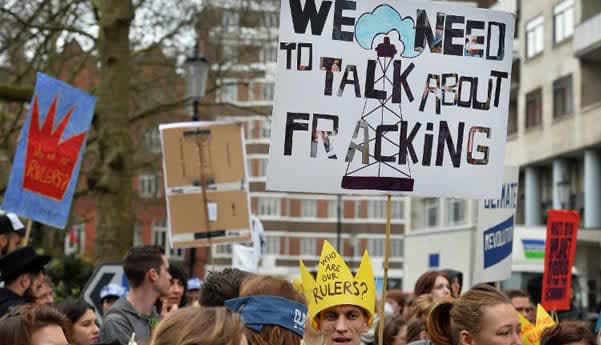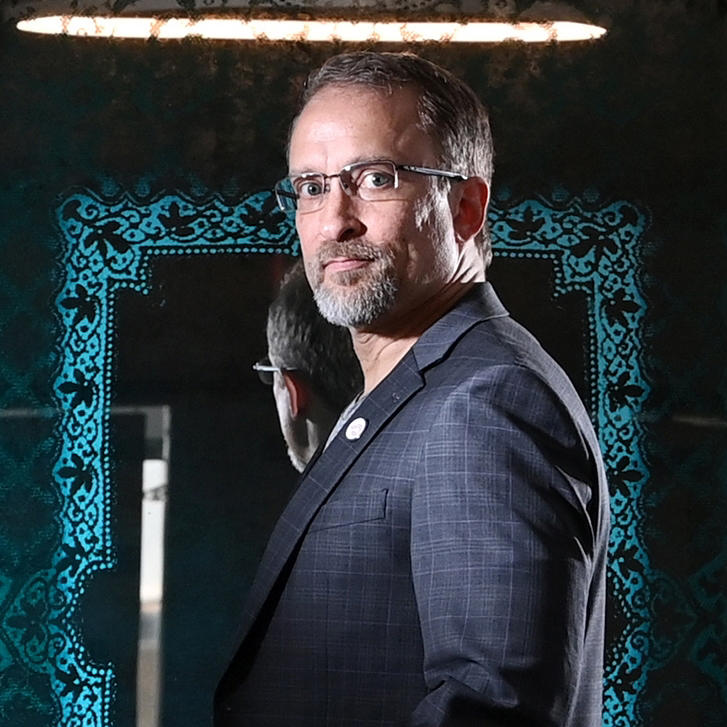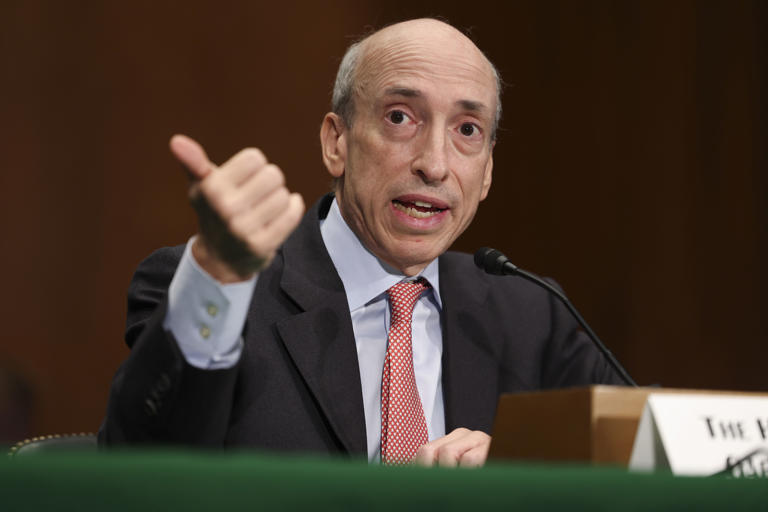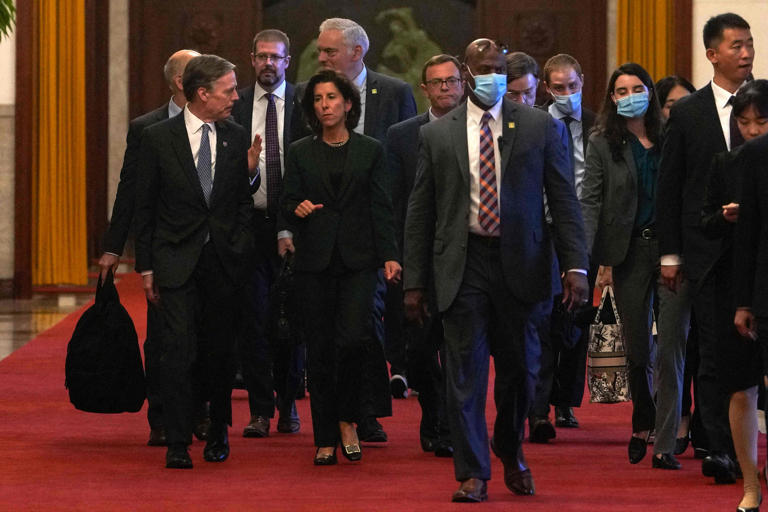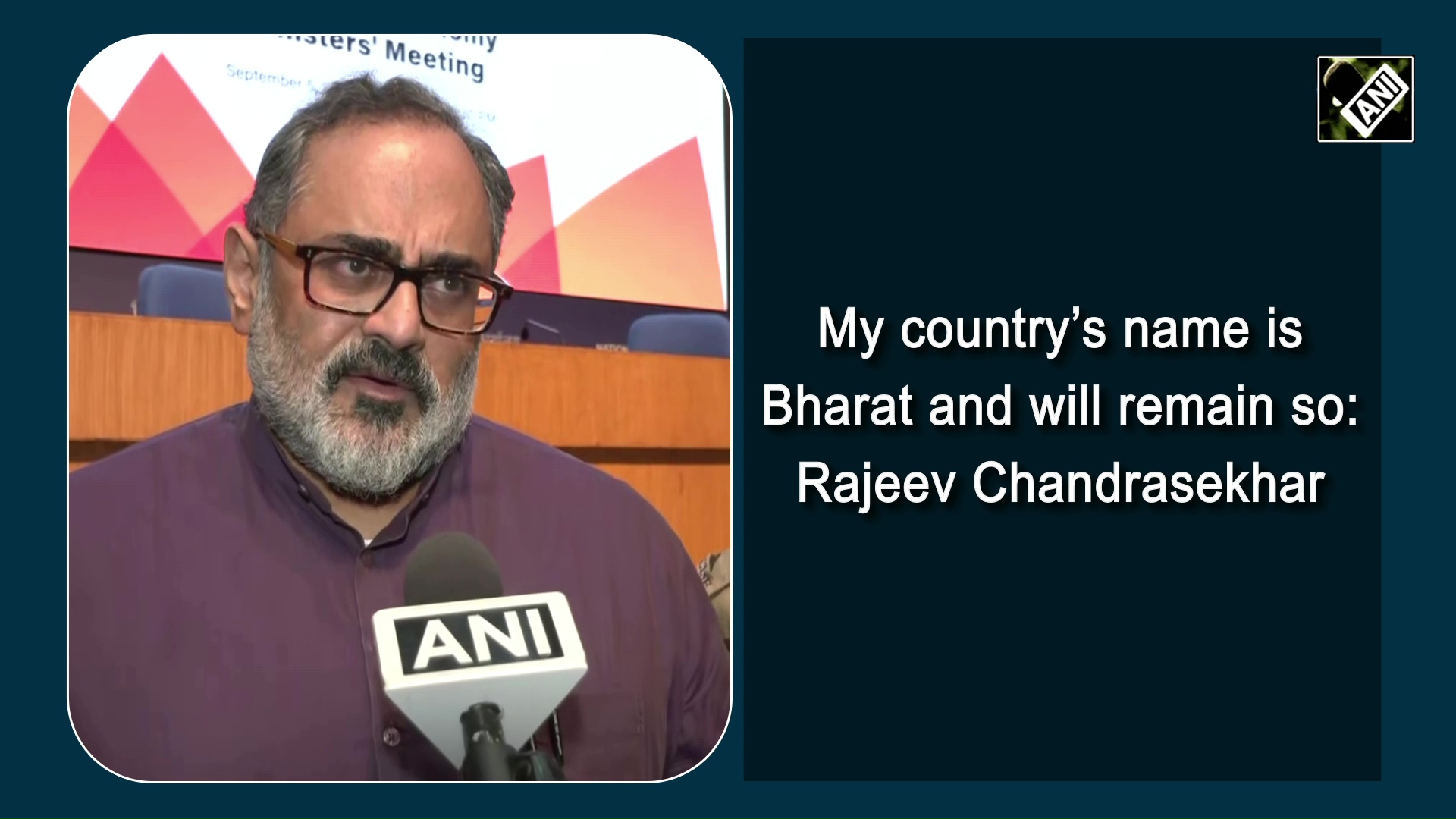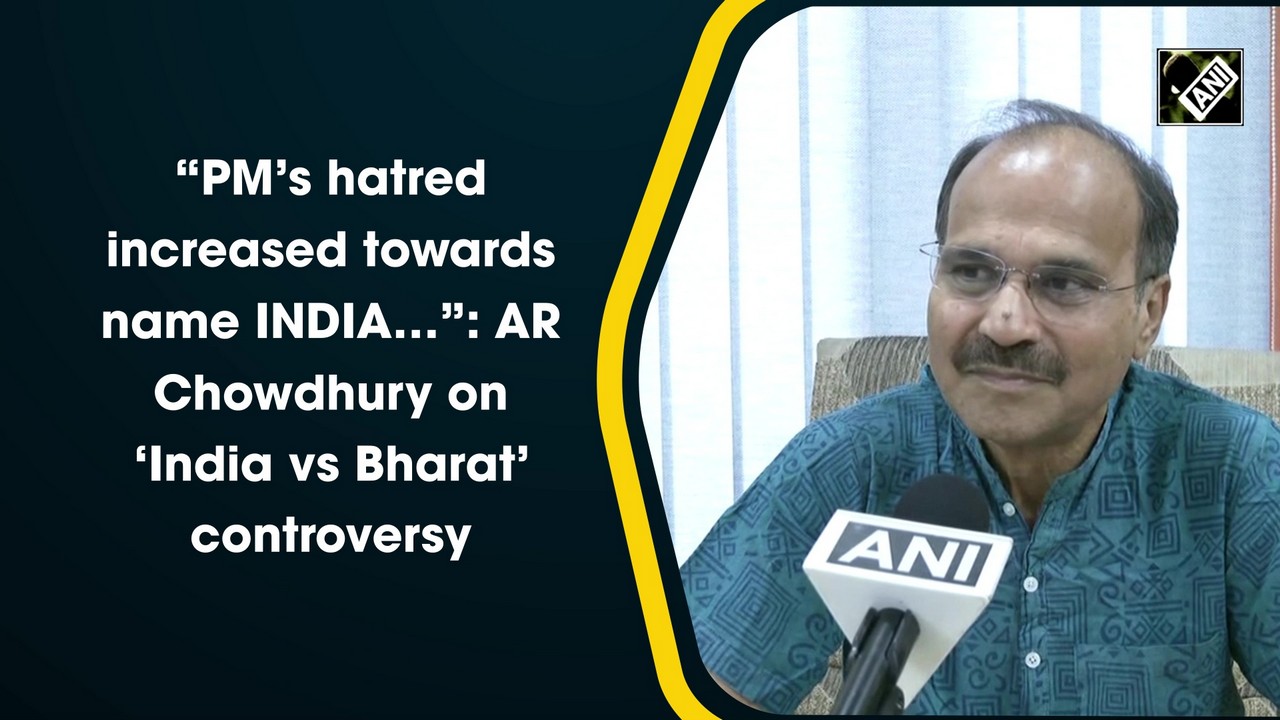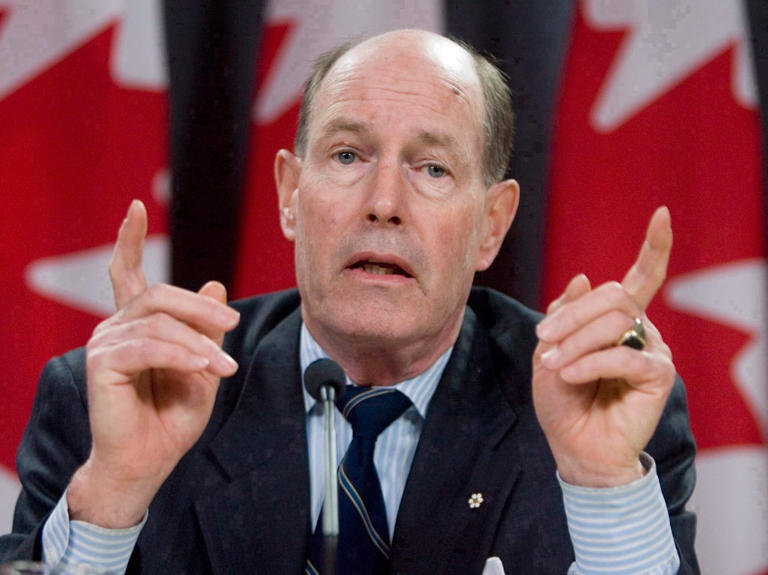Polish official harshly criticizes film that explores migration crisis at Poland-Belarus border

Polish director Agnieszka Holland
WARSAW, Poland (AP) — A leading member of Poland’s conservative government has sharply criticized a film that explores the humanitarian disaster affecting migrants along the Poland-Belarus border which premiered Tuesday at the Venice Film Festival.
“Green Border,” by Polish director Agnieszka Holland, puts a spotlight on the refugee crisis that emerged two years ago at Belarus' borders with the European Union nations of Poland, Lithuania and Latvia. The film is in competition at the festival.
Poland’s hard-right justice minister, Zbigniew Ziobro, slammed the film, comparing it to Nazi propaganda.
“In the Third Reich, the Germans produced propaganda films showing Poles as bandits and murderers. Today they have Agnieszka Holland for that,” Ziobro wrote Monday on X, the social platform formerly known as Twitter.
According to the film festival’s description, the feature film dramatizes the tragedy that has played out in this “green border” of swamps and forests in a story showing the intertwining lives of a Polish activist, a young Polish border guard and a Syrian family.
Holland directed the 1990 Holocaust film “Europa, Europa.” She has been a critic of the hard-line treatment of refugees and migrants by governments in Poland and elsewhere in Europe, a viewpoint reflected in the film.
At a news conference in Venice, she described the large-scale migration to Europe by people escaping conflict and poverty as an existential crisis for the continent, saying that the issue will exacerbate in the future due to climate change. Holland said that Europeans would have to decide whether to face the challenge humanely or not, appearing pessimistic.
She said the lessons learned from the Holocaust "somehow evaporated and we have to deal today with the future which can be, I'm afraid, similar to the experience of the past,” she said.
In 2021, the Belarusian dictator, Alexander Lukashenko, eased access to flights and visas for migrants from the Middle East and Africa to Belarus, facilitating their way to the border. Belarusian guards in some cases used force to push them across the border to EU countries.
Poland accused Lukashenko, an ally of Russian President Vladimir Putin, of seeking to sow discord in the region. In many cases, Polish border guards pushed the migrants back to Belarus and refused to allow them to apply for asylum. In the summer of 2021, migrants became stranded in the no-man's land between Poland and Belarus where they were denied humanitarian and medical help.
Activists have reported the deaths of dozens in the border zone.
“I understood that a training camp of cruelty was being established on the border. In my opinion, it was a purely political decision,” Holland said in a recent interview with Polish Newsweek in which she accuses populist politicians in Poland and elsewhere of seeking to win political points with what she described as a short-sighted and inhumane approach to migration.
Holland has been among prominent public figures in Poland who have condemned Polish authorities for their treatment of the migrants. The critics argue that even though Belarus was guilty of using the migrants as pawns in a cynical geopolitical game, a democracy and EU member like Poland should have treated them in line with international law by allowing them to apply for asylum.
Polish authorities have accused its critics and the Polish activists who mobilized to help the migrants of harming Poland's interests.
The film is being released in Poland on Sept. 22.
Vanessa Gera, The Associated Press
